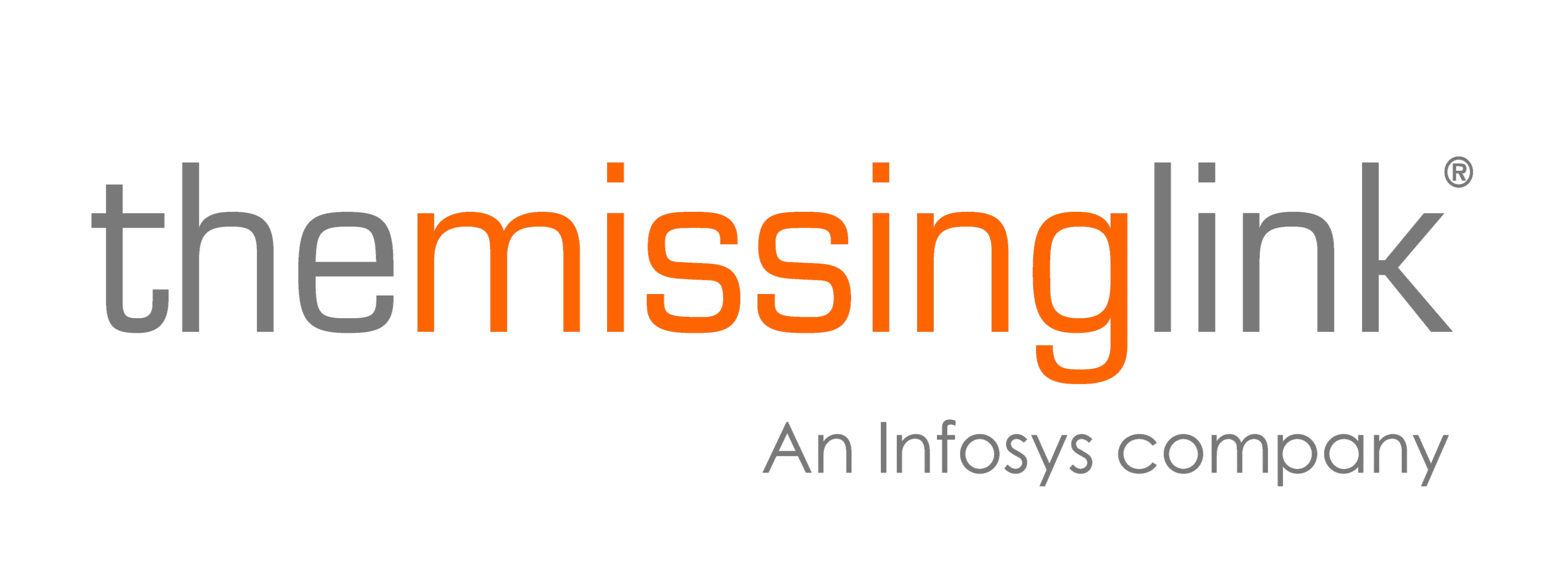In today’s era, cloud computing has become an essential part of every CIO’s strategic agenda.
However, successful management of cloud environments has become more challenging due to the abundance of public, private, hybrid and multi-cloud solutions. Through using multi-cloud or hybrid cloud solutions, it can introduce a level of complexity, especially if your business has applications and data stored across different platforms.
Cloud orchestration helps businesses manage this complex environment by automating it into a single cohesive workflow.
Cloud automation vs orchestration
Cloud orchestration and cloud automation are regularly confused with each other, despite having distinctive differences.
Cloud automation is the control of a single task through an automated pathway, making it easier to repeat while reducing the need for operator intervention. Manual coding is required to automate these processes. Facebook is an excellent example of cloud automation. By automating their platform, they can monitor workloads and allocate the appropriate resources. As a result, Facebook can scale its system and provide uninterrupted availability to users.
Cloud orchestration is the coordination of multiple tasks. There are fewer requirements for manual coding, as it builds upon the coding established from cloud automation. As these processes are streamlined through automation, orchestration relies on a high level of coordination. Cloud orchestration is an easily scalable and cost-effective way to deploy applications across the private and public cloud.
While there are differences between cloud automation and orchestration, when used in combination with each other, high-efficiency workloads can be achieved at a decreased cost through organising your workflows.
The value of cloud orchestration
Cloud orchestration coordinates automated tasks and combines them into a unified workflow specific to your business needs. These automated tasks cover a range of provisioning and deployment tasks;
- Virtual machines
- Storage space
- Computing resources
- Integrated security and permissions checks.
Other benefits of cloud orchestration
-
Reduced costs - Through coordinating automated processes, it will reduce the number of IT resources that your business requires.
-
Enhanced Security and Visibility - Cloud orchestration enables businesses to leverage their existing resources to scan for vulnerabilities, validate configurations and test compliance. Network configuration errors can lead to the exposure of sensitive data. Implementing standardised configurations help prevent errors during set-up that could lead to a potential data breach.
-
Increase in capacity - When demand is high, you will have the ability to scale by combining physical and virtual resources rapidly.
-
Increased efficiency - By automating repetitive tasks, cloud orchestration reduces the workload for your IT staff, providing them with more time to focus on more essential duties.
-
DevOps support - Cloud orchestration offers software tools that can automate the deployment process, enabling your DevOps team to be more efficient.
If you are interested in learning more about cloud orchestration and cloud solutions, contact us today to book a free consultation with one of our infrastructure experts.
